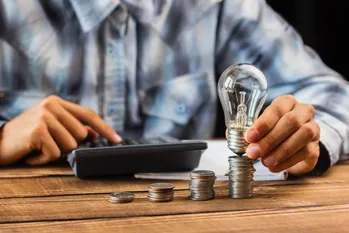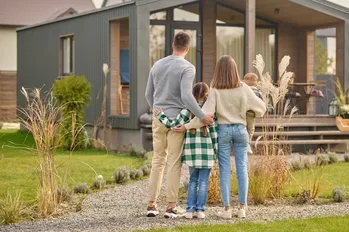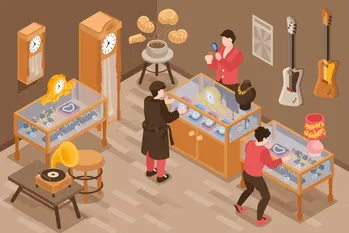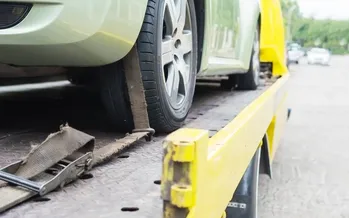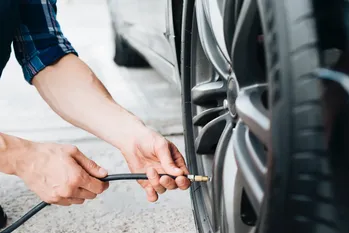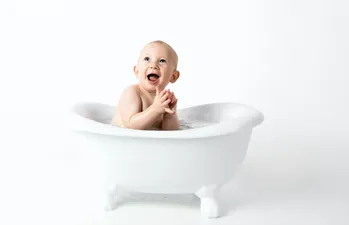Energy costs are a significant part of many households' budgets. By reducing energy consumption, you can not only help the environment but also save money on your electric bill. In this article, we will explore various ways to save money on your electric bill.
Understand Your Electric Bill
Before diving into ways to reduce your energy consumption and costs, it's essential to understand your electric bill. Here are some common charges and fees you might find:
- Generation charge: The cost of generating electricity. This fee varies based on the type of energy source used (e.g., coal, natural gas, renewables).
- Transmission charge: The cost of transmitting electricity from power plants to your local utility company.
- Distribution charge: The cost of delivering electricity from the utility company to your home.
- State and local taxes: Taxes imposed by state and local governments on energy consumption.
To better understand your electric bill, follow these tips:
- Look for a breakdown of charges and fees. Your electric bill should provide a detailed breakdown of each charge and fee.
- Check your usage history. Monitoring your energy usage over time can help you identify patterns and areas where you can reduce consumption.
- Understand your rate structure. Some utility companies offer different rate structures, such as tiered rates or time-of-use rates. Understanding these structures can help you save money on your electric bill.
Energy Audit and Home Assessment
An energy audit or home assessment is an excellent way to identify areas where you can improve energy efficiency in your home. Here's what you need to know:
- Definition and purpose. An energy audit or home assessment involves examining your home's energy usage, insulation, air sealing, appliances, and heating and cooling systems. The goal is to identify areas where you can reduce energy consumption and costs.
- How to conduct a DIY audit or hire a professional. You can conduct a basic energy audit yourself by using a checklist from the U.S. Department of Energy's website. However, hiring a professional can provide more in-depth analysis and recommendations.
Appliance Efficiency and Usage
Appliances account for a significant portion of many households' energy consumption. Here are some tips for improving appliance efficiency and usage:
- Identify energy-guzzling appliances. Look for Energy Star certified appliances, which meet strict energy efficiency guidelines set by the U.S. Environmental Protection Agency and the U.S. Department of Energy.
- Unplug electronics when not in use. Even when turned off, electronic devices can still consume energy. Unplugging them when not in use can help reduce your electric bill.
- Use appliances efficiently. For example, only run dishwashers and washing machines with full loads, and use the cold water setting whenever possible.
Lighting Solutions
Lighting is another significant source of energy consumption in many households. Here are some tips for improving lighting efficiency:
- LED vs CFL vs incandescent bulbs. LED bulbs are the most energy-efficient option, followed by CFLs and then incandescent bulbs. However, LED bulbs can be more expensive upfront.
- Smart lighting options. Smart light bulbs and plugs can help reduce energy consumption by automatically turning off lights when not in use or using motion sensors to turn on/off lights as needed.
Insulation and Air Sealing
Proper insulation and air sealing can significantly reduce energy consumption and costs. Here's what you need to know:
- Importance of insulation and air sealing. Insulation helps keep your home warm in the winter and cool in the summer, while air sealing prevents air from escaping through cracks and gaps.
- How to improve insulation and air sealing in your home. Some ways to improve insulation and air sealing include adding insulation to attics and walls, sealing gaps around windows and doors, and using weatherstripping or caulk.
Renewable Energy Sources and Incentives
Installing renewable energy systems can help reduce your reliance on fossil fuels and lower your electric bill. Here's what you need to know:
- Overview of renewable energy options. Some common renewable energy sources include solar, wind, geothermal, and hydroelectric power.
- Incentives for installing renewable energy systems. Many states and local governments offer incentives for installing renewable energy systems, such as tax credits, rebates, and grants.
Conclusion and Additional Resources
By following these tips, you can significantly reduce your energy consumption and save money on your electric bill. Here are some additional resources to help you learn more:
- U.S. Department of Energy's Home Energy Audit Checklist
- Energy Star's Appliance Buying Guide
- Database of State Incentives for Renewables & Efficiency (DSIRE)
FAQ Section
Q: How can I save money on my electric bill?
A: There are several ways to save money on your electric bill, including understanding your electric bill, conducting an energy audit or home assessment, improving appliance efficiency and usage, using LED bulbs, sealing air leaks, and installing renewable energy systems.
Q: What is an energy audit?
A: An energy audit is a comprehensive evaluation of a building's energy usage, insulation, air sealing, appliances, and heating and cooling systems to identify areas where energy consumption can be reduced.
Q: How can I improve appliance efficiency and usage?
A: To improve appliance efficiency and usage, you can identify energy-guzzling appliances, unplug electronics when not in use, and use appliances efficiently by running dishwashers and washing machines with full loads and using the cold water setting whenever possible.
Q: What are some tips for improving lighting efficiency?
A: To improve lighting efficiency, you can use LED bulbs, which are more energy-efficient than CFLs or incandescent bulbs, and consider using smart lighting options such as smart light bulbs and plugs.
Q: What is air sealing, and why is it important?
A: Air sealing involves sealing gaps around windows and doors, and using weatherstripping or caulk to prevent air from escaping through cracks and gaps. It's important because it can significantly reduce energy consumption and costs by keeping warm or cool air inside your home.
Q: What are some renewable energy options?
A: Some common renewable energy sources include solar, wind, geothermal, and hydroelectric power.

